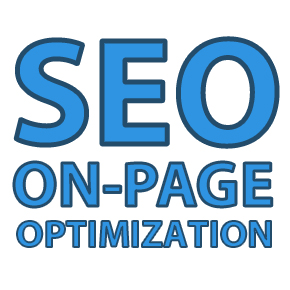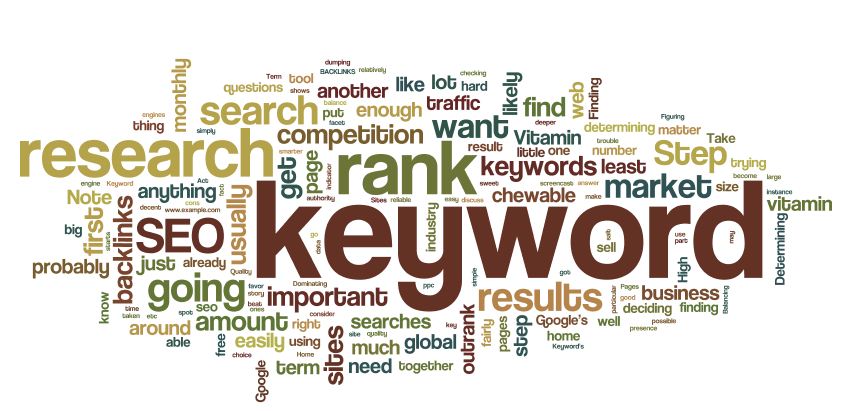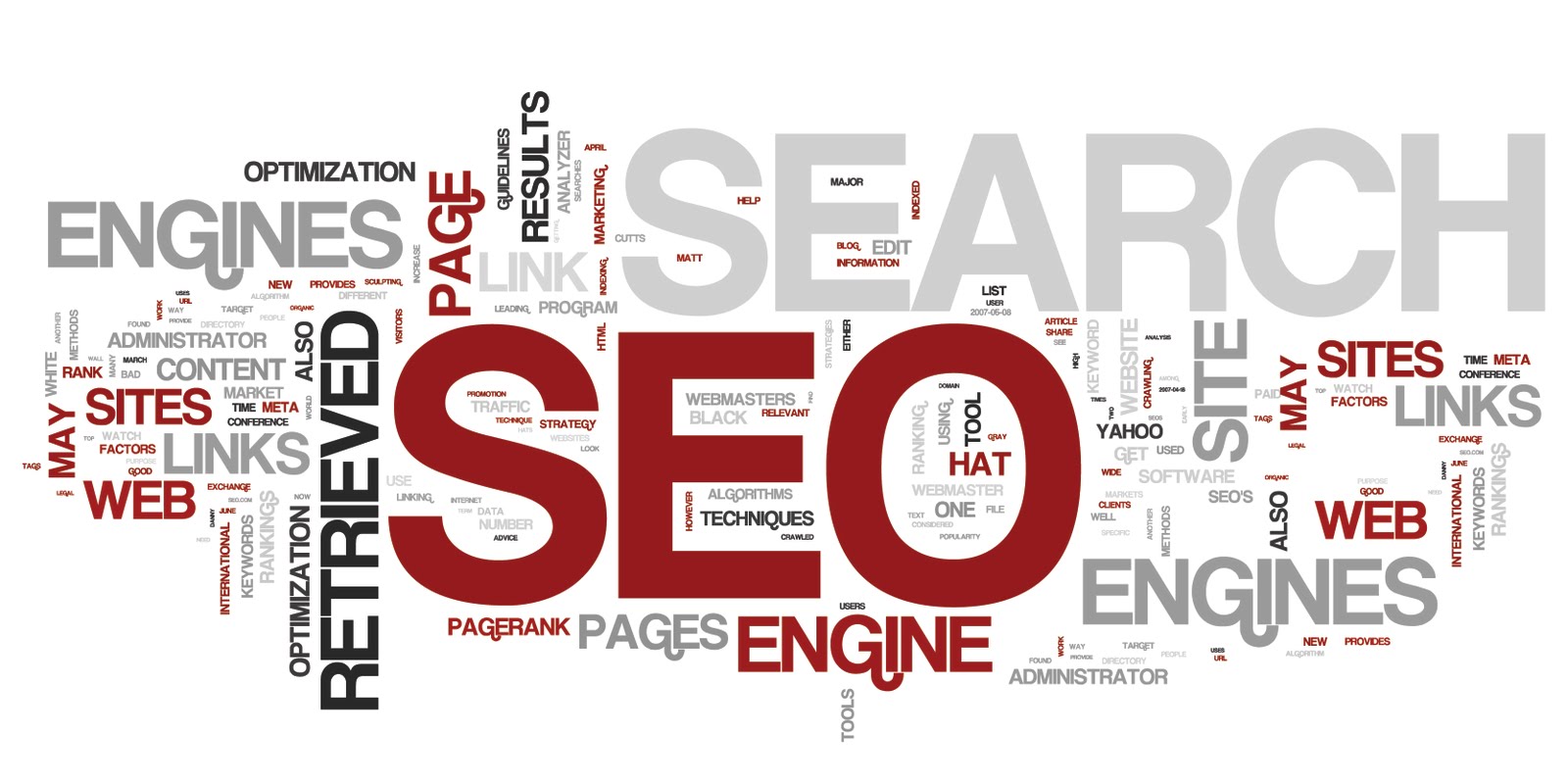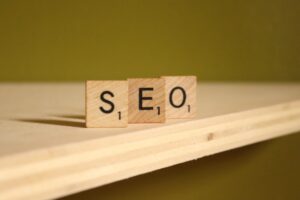SEO plays a crucial role in uplifting a business. That is why a good SEO needs multiple factors to follow systematically such as header tags, proper keyword density, appropriate text formatting fonts, alt image tag text, domain names, links pointing to the site and each page, and many more. All of these factors are known as on-page elements which are essential to optimize the pages of your website. The on-page elements leave the most profound effect on its rankings. So, you must practice the below on-page optimisation factors to affect the search visibility of a website:
The Title Meta Tag
The title Meta tag is the procedure of placing the keyword in the title tag. This methodology is one of the most  reliable signals required for a search engine. The Meta tag itself is self-explanatory to give the accurate description of the content of the page. That is why search engines use the Meta tag to display the main title of a search result. So, including a keyword in the title will indicate the search engine to rank the page.
reliable signals required for a search engine. The Meta tag itself is self-explanatory to give the accurate description of the content of the page. That is why search engines use the Meta tag to display the main title of a search result. So, including a keyword in the title will indicate the search engine to rank the page.
Ideally, you should place the keyword at the start of the title tag. If you optimise the website pages this way, then your site will rank better than those with keyword placed closer to the end of the title tag.
Placing the Keyword in Meta Description Tag
Nowadays SEO circles often discuss the importance of a Meta description tag. It is nonetheless a relevant signal which is crucial for gaining user clicks from search result pages. That is why including the keyword in Meta description makes it more relevant for a search engine and a searcher.
Placing the Keyword in the H1 Tag
H1 tag is another relevant factor which serves as a description of the content of the page. So, it is a good practice to include your keyword in a unique H1 tag on a page to give your users a better idea about the description of your content.
Using Keywords in the Copy of the Page
Recently, stuffing your sheet with keywords was a surefire way to increase its rankings for a particular keyword. However, it is not the case anymore because using a relevant keyword in the copy provides necessary information about the content. That is why the methodology of placing the keywords in the material has changed drastically.
Length of the Content
The content of your web page should be long enough to educate and satisfy the searchers with the necessary information. Google also looks for authoritative and informative content to rank first. That is why the longer your content is, the higher are the chances to cover more aspects of your topic. So, do not feel shy about writing long but useful copy.
Duplicate Content
Not all factors positively influence your rankings. Plagiarism is such a factor which can hurt the ranking of your webpage. That is why avoid duplicating content and write original copy for each page.
Canonical Tag
Sometimes having two URLs with similar content is unavoidable. One way to prevent your site from becoming a duplicate content issue is by using a canonical tag on your site. This tag tells Google that in spite of two pages having the same content, the URL and pages are equivalent to each other.
Image Optimization
Not only the text but also the other media such as images, audio, video, and many more are helpful in optimisation of a page. For instance, pictures send the search engine relevancy signals through their alt text, caption, and description.

Content Updates
Google algorithm prefers freshly updated content which means not to edit your web pages all the time. As for commercial pages such as product descriptions, Google recognises they are not as time sensitive as blog posts covering recent events. So, wisely plan a strategy to at least update the relevant content once every 12 months.
Outbound Links
Linking to authoritative pages sends trust signals to the search engine. Posting the content of a user to another site results in learning as well as builds a considerable trust factor for Google. Whereas, too many outbound links significantly diminish the PageRank of a page and hurts its search visibility. So, always use outbound links in moderation.
Internal Links
Interlinking pages on your site pass the strength of pages among themselves. So, internal links is another crucial factor required for a good SEO.
Keyword in URL
Including the keyword in the URL slug helps search engines in determining a particular page. So, if you want search engines to highlight a specific page, mention keyword in the URL.
So, the above are the vital on-page elements which you must practice on a regular basis to improve the ranking of your website. Also, use high-speed servers for a better website load time and advanced technology to rank your site better in a less span of time.
Author Bio :
Albert Harris is the content creator of “DataSiteColo.com” which provides world-class data centers along with top-notch network connectivity and provides data center colocation from single cabinets to multi-megawatt suites.






